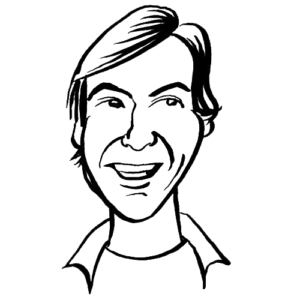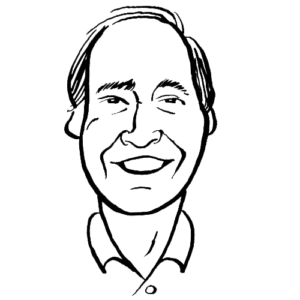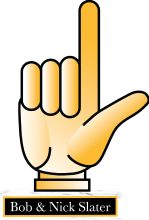“The world is moving so fast, that we have few true experts on tomorrow. All we have are experts on yesterday.” Gyan Nagpal, author and CEO of PeopleLENS
In many cases, it seems, “expert opinion” is an oxymoron. Experts are quick to assert both their expertise and their opinion, but they are wrong with such frequency that often we are wise to ignore their counsel, or at least to take it skeptically. Which – given that these experts are usually intelligent, highly credentialed, claim outstanding records of success, and display detailed knowledge of their subject – can be hard to do.
Do it anyway. In field after field, the experts are not worth relying on. Three examples to make the point:
- Experts will tell you what can’t be done, and why – do it anyway. When the US ousted Saddam Hussein from Kuwait, expert talking head military commentators informed us that the “Tiger Traps” awaiting our troops and tanks would be so devastating that tremendous loss of life would result from such an invasion. It could not be done. And yet it was – we rolled through these defenses overnight with minimal casualties. Other experts said Iraq had WMDs which turned out to be false as well.
- Experts will tell you that only they can do it, and that you need them – develop your own expertise and do without them. In money management, it is well-documented that the overwhelming majority of professional money managers can’t beat the market with room to allow for their fees (and even those that do will soon revert to the mean), and thus deliver a lower net return to their clients than mere indexing would. Analysts and investor newsletter writers fare no better at beating the market or stock picking.
- Experts will confidently but wrongly predict outcomes, sometimes in fields beyond their own – take in viewpoints as you wish but think for yourself and form your own opinions. Joseph Strandberg, writing a review of Radical Uncertainty, a book co-authored by the former Bank of England whose premise is “don’t ask an economist,” says ”Chemists, plumbers and doctors identify problems within their subject areas, then develop tools with which to solve them. Economists appear unbidden on any doorstep they please with a box of mostly useless tools in search of problems.” And when the predicted outcomes don’t come to pass, they don’t fault their models but the humans who didn’t behave “rationally.”
 I have been going to real estate conferences for the past four years where economists presented statistics and made a convincing case that the next recession was 18 months away. Year after year, the recession that history dictated had to come was 18 months away. Then, this January, the expert prediction changed: although this economic expansion was the longest in recorded US history, there was no reason to see it stopping. The economic expansion would continue into the foreseeable future! That should have told me to run for the hills and sell everything. Unfortunately, it didn’t.
I have been going to real estate conferences for the past four years where economists presented statistics and made a convincing case that the next recession was 18 months away. Year after year, the recession that history dictated had to come was 18 months away. Then, this January, the expert prediction changed: although this economic expansion was the longest in recorded US history, there was no reason to see it stopping. The economic expansion would continue into the foreseeable future! That should have told me to run for the hills and sell everything. Unfortunately, it didn’t.
And now, experts are telling us their view on the what the recovery from the COVID-19 economic shutdown will look like – be it a rapid and robust one or a deep and prolonged recession. Who knows? They certainly don’t, so we had best be prepared for either scenario, as well as for something in between
 There are exceptions to every rule. The experts behind Look Out Above! are, of course, never wrong. And we’d best listen to the scientific health experts – now more than ever, especially if it means ignoring other, louder voices in the room!
There are exceptions to every rule. The experts behind Look Out Above! are, of course, never wrong. And we’d best listen to the scientific health experts – now more than ever, especially if it means ignoring other, louder voices in the room!
As you progress in the business world, increasingly you are paid for your good judgment. Here’s positing that your boss wants people on her team who aren’t riddled with fear about failing, which is part of the growth process, who aren’t overly concerned with what people think, and who are willing to take risks, to ask questions, to appear silly. And who have the courage to form an opinion and trust their own judgment.
Notes and Sources: Joseph C. Sternberg, reviewing Radical Uncertainty by John Kay and Mervyn King, in The Wall Street Journal, April 13, 2020.


